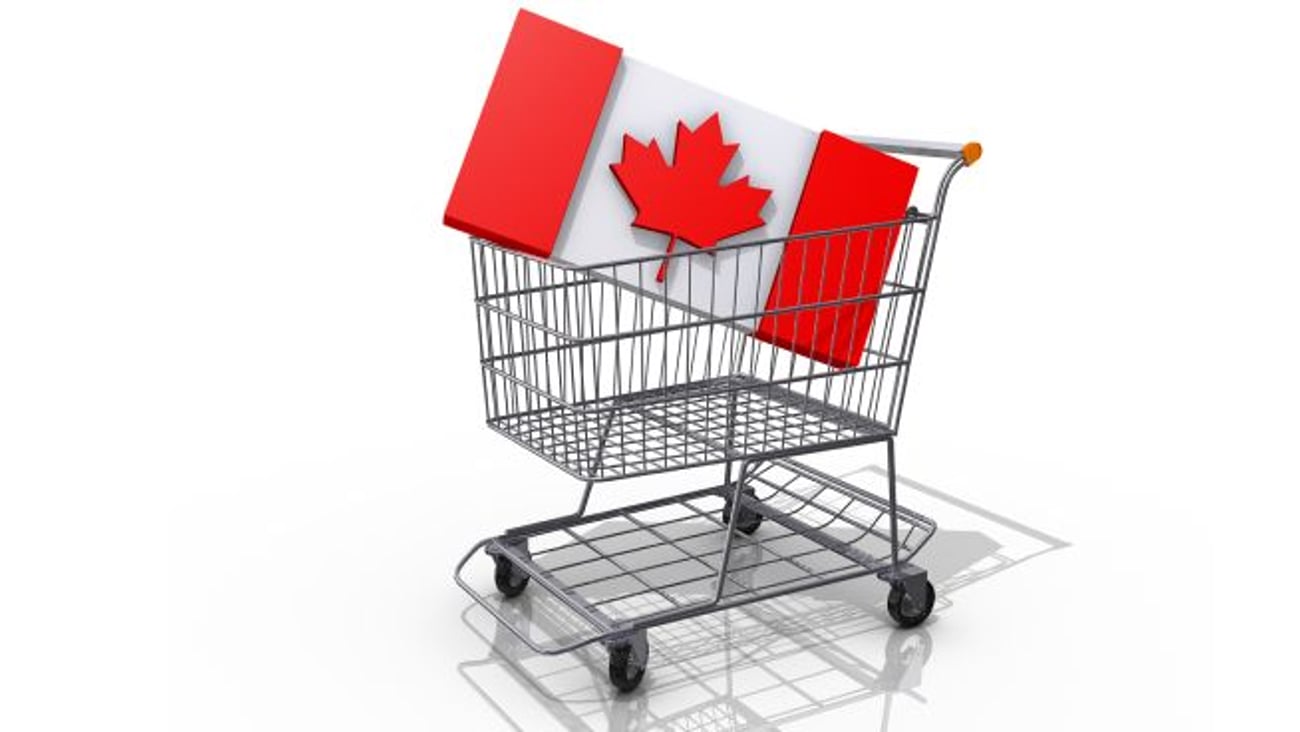Trump’s 'Auld Lang Syne' and the return of threats to shake up agri-food
Few political figures can wield as much influence over global markets as President-Elect Donald Trump. This week, his threats to impose sweeping new tariffs—25% on Canadian and Mexican agricultural products and an additional 10% on Chinese goods—sent shockwaves through currency markets, sinking the Canadian dollar by at least a cent within seconds. These tariffs, framed as leverage to secure tighter borders and reduce immigration and drug trafficking, represent more than just bluster; they signal a tactical shift in U.S. economic policy that could have devastating consequences for Canada’s agri-food sector.
In 2023, Canada exported over $40 billion worth of agri-food products to the United States, accounting for nearly 60% of its total agri-food exports. These exports span a diverse array of goods, including grains like wheat, canola, and barley; livestock such as beef and pork; seafood like lobster and snow crab; and fresh produce such as greenhouse-grown vegetables and berries. Iconic Canadian products like maple syrup and whisky, along with processed foods and pulses, further underscore Canada’s vital role in supplying high-quality agricultural goods to its largest trading partner.
A 25% tariff on these goods would be catastrophic, eroding the slim margins that underpin food production and trade. Food is a business of tight profit margins, and even a 5% tariff could disrupt supply chains, discourage U.S. importers, and upend decades of economic integration between the two countries. For Canadian producers, the stakes are especially high; we’ve never been so reliant on the American market since the early 2000s under George W. Bush, and Trump’s team knows it.
However, this is more about tactics than policy. President-Elect Trump is unlikely to enact measures that would harm American consumers. A tariff on $40 billion worth of Canadian food imports would undoubtedly inflate prices at U.S. grocery stores—a political risk Trump is keen to avoid. Instead, he’s betting Canada will yield under pressure, given our limited leverage and ongoing diplomatic tensions with other key markets, including India and China.
For Canada, this is a wake-up call. Ottawa must move beyond short-term measures like $250 rebate cheques or temporary GST holidays to address the structural vulnerabilities in our agri-food economy. Trump is simply doing what he promised: leveraging U.S. economic power to extract concessions.
Adding to Canada’s woes is the carbon tax, which has further weakened our agri-food sector’s competitiveness. A new peer-reviewed study from Dalhousie University shows that this policy has placed Canadian producers at a disadvantage relative to their U.S. counterparts. With the United States poised to withdraw from the Paris Agreement, American producers are free from similar constraints, giving them an edge in pricing and market access. Coupled with a weaker Canadian dollar, this could push food importers and retailers to favor U.S. products, leaving Canadian consumers to shoulder higher food costs.
If Canada continues to prioritize retail politics over meaningful economic strategy, the cost will be borne by every household at the grocery checkout. Trump’s tariff threats should not be dismissed as mere theatrics—they are a stark reminder of the fragile balance of power in North American trade. Ottawa must respond with a cohesive strategy to safeguard our agri-food sector and ensure it remains competitive in an increasingly hostile economic landscape.






